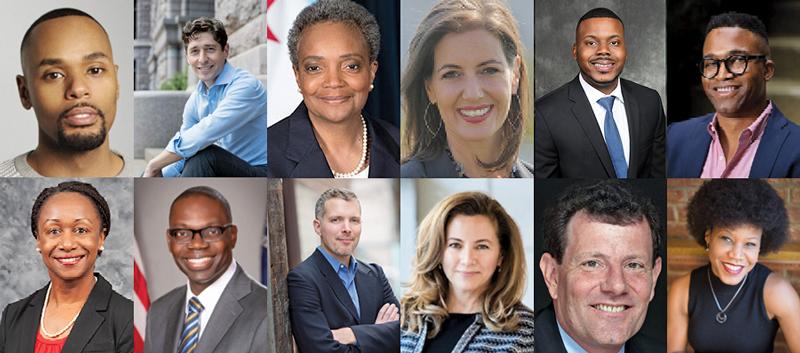Everyone is all Zoomed out these days, with work and school and play and family all taking place in virtual environments. No one has the time or patience for a poorly run Zoom event. At the same time, social justice issues and economic equity issues are on many people’s minds, but these are difficult subjects. So a well-run virtual lecture series that is dynamic, engaging, and looks at facts and research to find real-world solutions can be just the intellectual sustenance a Friday lunch-hour needs.
The host even wears a coat and tie, in case you have not seen that in a while.
The U-M Poverty Solutions annual speaker series Real World Perspectives on Poverty Solutions—virtual this year—explores real and researched measures for preventing and alleviating poverty. Its interdisciplinary approach includes action-based research, a practical agenda, and solution-focused partnerships. U-M students can receive one credit for attending the whole series; the rest of us can attend for free. The Friday lunch-hour sessions are recorded and posted immediately to YouTube, so they can be watched anytime.
The talks are structured as conversations with U-M faculty moderators, with opportunities for viewers to ask questions through the chat function.
The series began September 25 with Michael Arceneaux reading from his compelling essay collection, I Don’t Want to Die Poor, which looks at how poverty affects every aspect of a person’s life. Princeton sociology professor Frederick Wherry spoke about how debt weighs on the dignity of debtors. Michigan lieutenant governor Garlin Gilchrist II and chief medical executive Joneigh Khaldun brought the conversation home talking about life during Covid-19.
October 30, New York Times columnist and author Nicholas Kristof talks about his book, Tightrope: Americans Reaching for Hope, about the struggles of rural and working-class Americans. The series winds up November 6, with Majora Carter, an urban revitalization strategist, real estate developer, MacArthur fellow, and Peabody Award-winning broadcaster. (She also gave one of the original five TED Talks in 2006, about her fight for environmental justice in the South Bronx.) She will speak about the community as a corporation and talent retention strategies for reducing brain drain in American low-status communities.
Majora Carter at U-M Poverty Solutions, Nov. 6, noon–1:30 p.m., YouTube.com (search “University of Michigan Poverty Solutions”).



